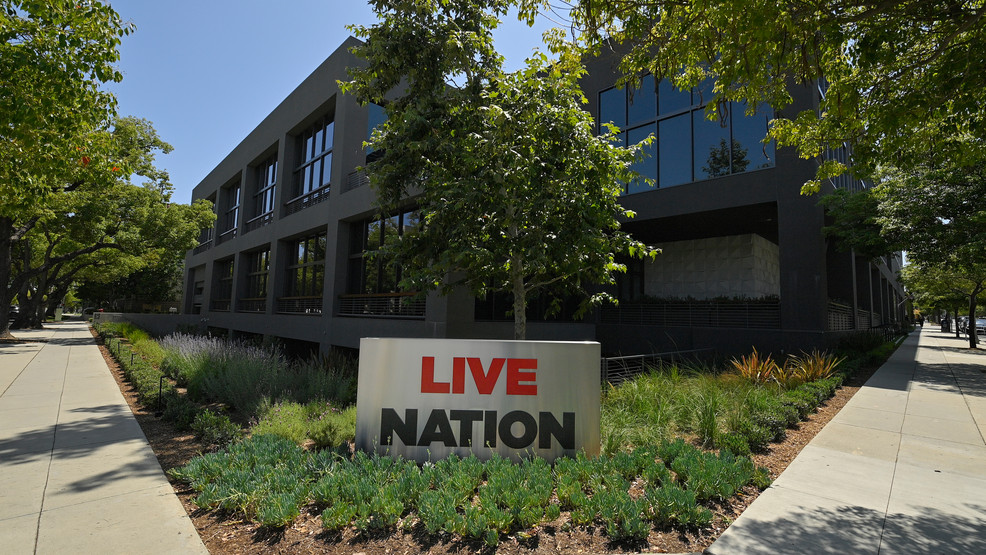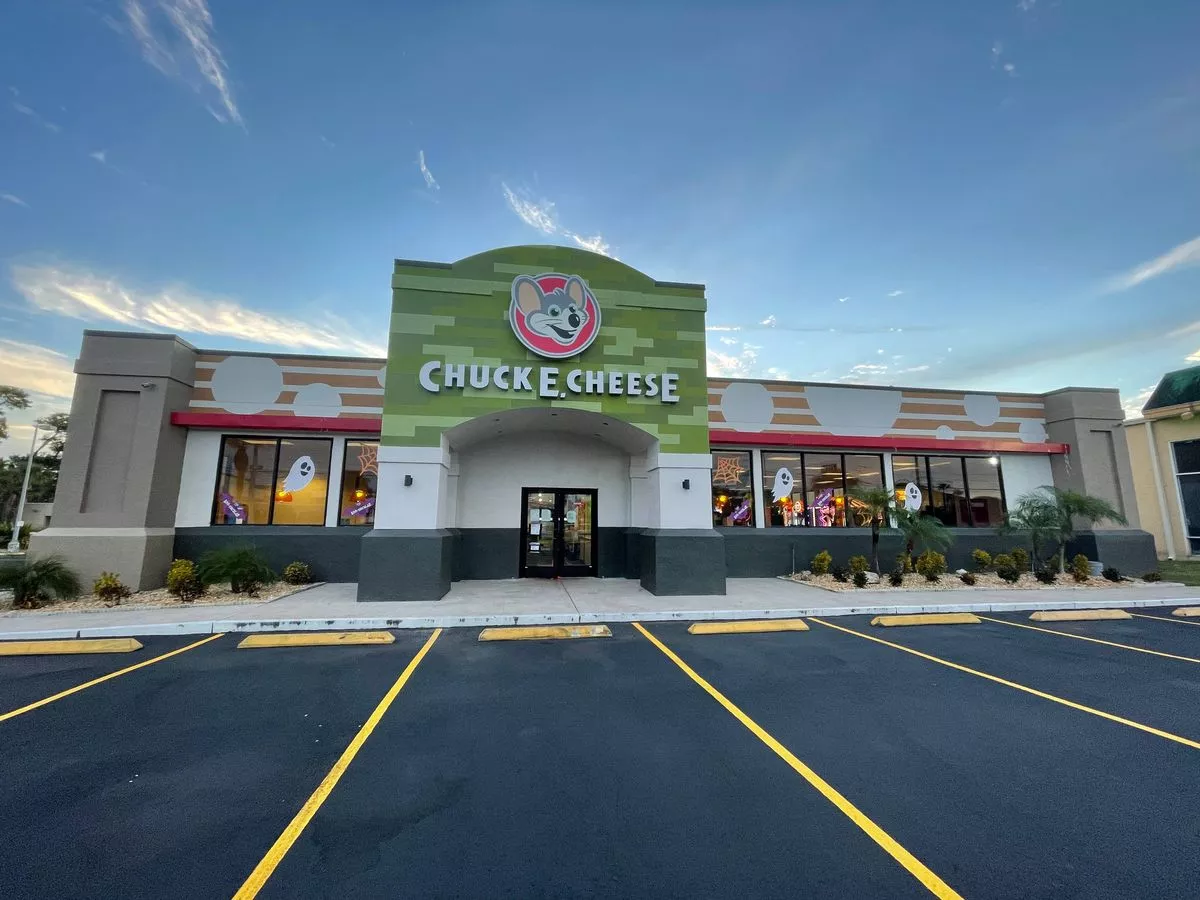
The Federal Trade Commission and seven states are suing Ticketmaster and its parent company over claims it is allowing ticket brokers to buy up tickets in bulk and resell them at inflated prices, adding to the list of litigation the entertainment giant is facing over its business practices.
In its lawsuit, the FTC accused Ticketmaster of engaging in deceptive practices advertising lower prices than what was actually available and falsely claiming it was setting limits on the number of tickets people could purchase. Brokers were able to skip past the limits to buy thousands of tickets at face value and resell them at higher prices, steering more revenue through additional fees to Ticketmaster, the lawsuit claims.
The FTC said Ticketmaster coordinates with brokers who bypass ticket limits by setting up fake accounts to buy millions of dollars’ worth of tickets and then resell them at a higher price on Ticketmaster’s platform.
“American live entertainment is the best in the world and should be accessible to all of us,” FTC chair Andrew Ferguson said in a statement. “It should not cost an arm and a leg to take the family to a baseball game or attend your favorite musician’s show.”
According to court documents, Ticketmaster would allow brokers to use multiple accounts to get around its limits on the number of tickets they could purchase. An email included in the lawsuit sent between executives of Live Nation and Ticketmaster, the companies “turn a blind eye as a matter of policy” to violations of ticket limits.
The companies also provide support to brokers through a software platform that enables brokers to track tickets purchased across multiple accounts into a single interface to make reselling them easier, the FTC said.
Ticketmaster dominates the marketplace for ticket sales, controlling at least 80% of ticketing for major venues, according to the FTC’s lawsuit. From 2019 to 2024, consumers spent nearly $83 billion buying from Ticketmaster.
But it’s unclear if harder enforcement of the resale market will lead to lower costs or concerts, particularly the most popular performers.
“If you crack down on the resale market, you could lower costs but I suspect that the ticket prices in the primary market will just be higher. The cost of a concert ticket is a function of pricing and demand in the purest sense,” said Andy Gershon, from Syracuse University’s College of Visual and Performing Arts.
The company’s fees are also being targeted in the lawsuit, which said are often hidden on the front end and not revealed until the end of purchase. Fees can be worth as much as 44% of the final cost of the ticket, and Ticketmaster received $16 billion in them from 2019 to 2024.
Transparency around service and other common fees was a priority for the Biden administration in its crackdown against “junk fees.” A rule requiring Ticketmaster to display the full price of a ticket including the fees up front went into effect in May, a win for consumers but a change that industry analysts said was unlikely to result in lower prices.
Live Nation, Ticketmaster’s parent company, did not respond to a request for comment regarding the lawsuit.
Thursday’s action adds to a growing pile of legal battles and other regulatory scrutiny on the industry giant in recent years amid growing frustration over challenges to get tickets to high demand shows and fees that pile on costs.
reached a tipping point in 2022 when resale prices for Taylor Swift’s Eras Tour reached tens of thousands of dollars, prompting fierce backlash against Ticketmaster from fans and lawmakers alike. Senators brought Live Nation’s executives to appear for a grilling from lawmakers in 2023 after the Taylor Swift fiasco when Ticketmaster’s site crashed during a presale for her tour.
The Justice Department filed a lawsuit last year , which comes after the government approved its merger in 2010. In the regulators accused the company of using its vast market share to dominate the industry by forcing venues to lock into exclusive contracts for tickets and retaliate against promoters and venues that threaten its position in the marketplace.
President Donald Trump also earlier this year aiming to crack down on ticket scalers and the use of bots that can scoop up thousands of tickets at face value before fans get a chance to buy them and resell them at a higher price.
After the order, Live Nation said it supported efforts to crack down on ticket scalping.
“Scalpers and bots prevent fans from getting tickets at the prices artists set, and we thank President Trump for taking them head-on. We support any meaningful resale reforms — including more enforcement of the BOTS act, caps on resale prices, and more,” Live Nation said in a statement.
The order directed the FTC to more aggressively enforce a 2016 law that gave the agency the ability to go after individuals and companies that use bots to buy tickets and resell them, which the administration said had only been used once since it went on the books in 2016.



